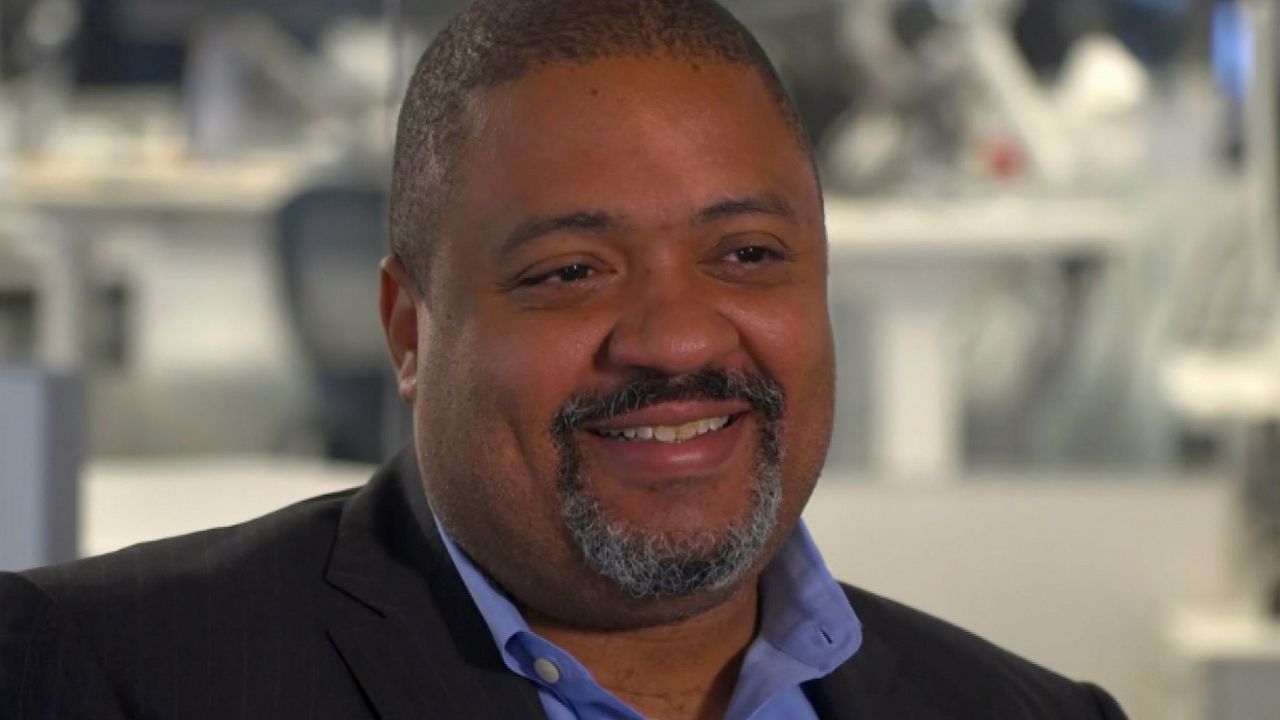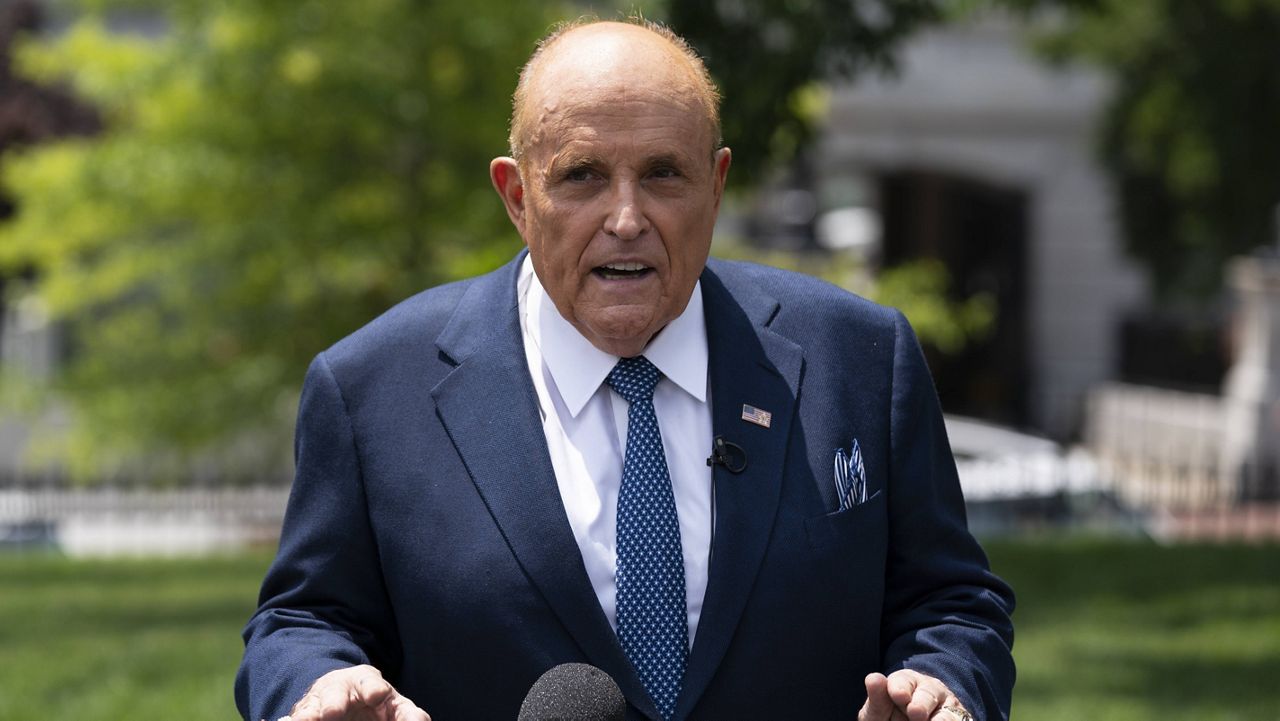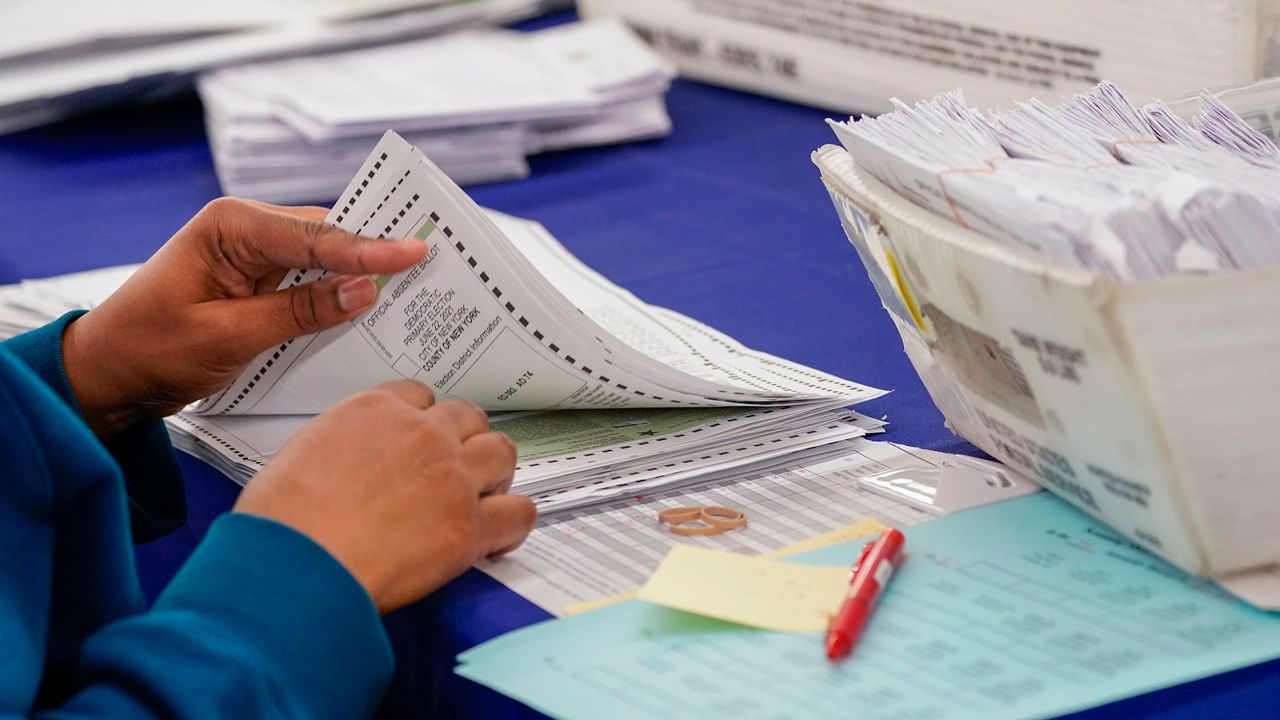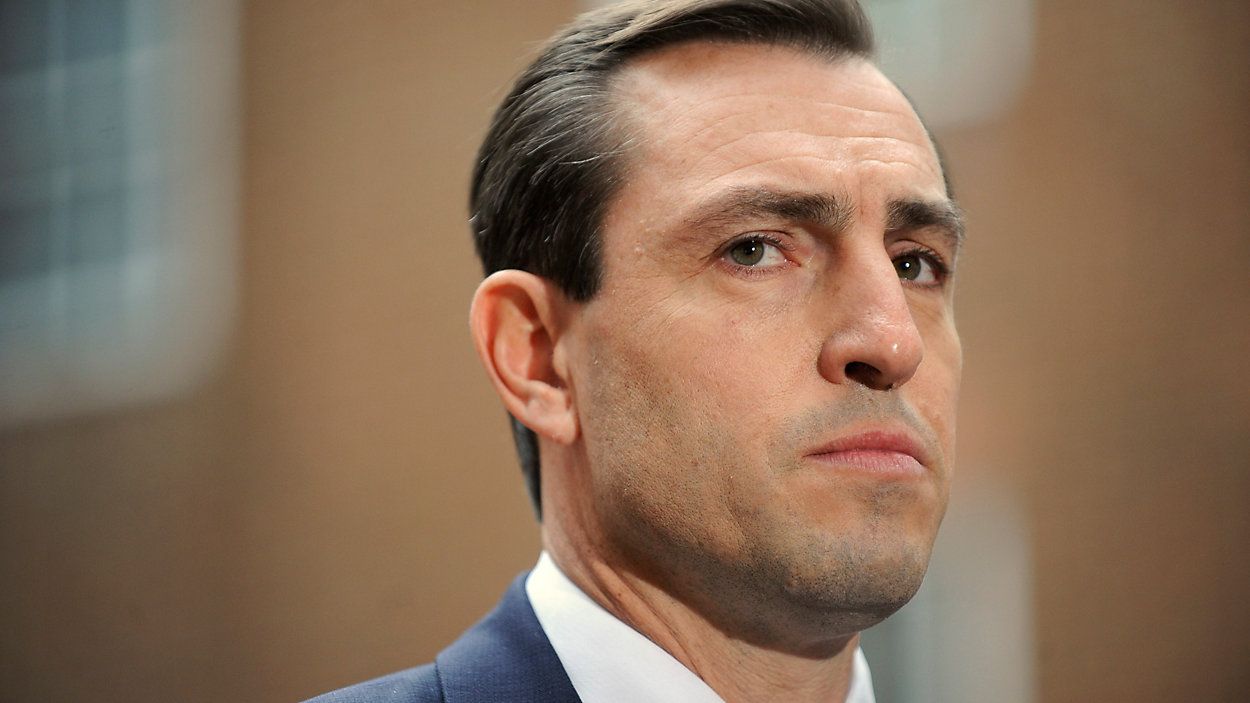NEW YORK — Mayoral candidate Maya Wiley on Tuesday night defended her massive $10 billion "New Deal New York" capital spending plan as one that will stimulate the economy through "smart and sustainable borrowing."
The five-year New Deal-inspired plan that Wiley released for her campaign in part calls for:
- Creating up to 100,000 new jobs, including 30,000 through projects to employ artists, construction, technology, and engineer workers, and 70,000 child care workers, librarians, home health care workers, and manufacturers
- Funding public works projects, such as infrastructure repairs
- Spending $3 billion on climate resilience projects
- Spending $2 billion on public housing
- Spending $2 billion for physical and digital infrastructure
- Spending $1 billion to help arts and culture workers recover, and to put them back to work
- Fast-tracking city projects already in the pipeline that are deemed critical
- Creating more protected bus lanes and bike lanes
Even though it would require some level of major borrowing, Wiley claimed the plan will stimulate the city's beleaguered economy because it will lead to revenue for the city.
"We won't borrow the full $10 billion, but we will borrow more. But it is within the guidelines, within smart and sustainable borrowing, and because we're bringing revenue back into our coffers with the ways we're spending those dollars. That's why it works," the Democratic candidate said in an interview with Inside City Hall anchor Errol Louis.
It's unclear which of the investments would generate revenue, or how much, for the city, which is crucial to paying off billions of dollars in debt.
The civil rights activist and former chief counsel to Mayor Bill de Blasio has also focused part of her plan on investing billions of dollars on the most-neglected communities, such as by building housing, day care and early education centers, low-cost office space, and community centers. She argued these projects are essential to New Yorkers' wellbeing.
"Community centers solve a lot of problems. They're social problems," she said. "Giving people places to recreate, exercise — that's everything from public health to public safety."
Wiley also said the plan would be built partially on existing money and funding for projects that have languished for years. She did not provide specific examples of these projects, or state how much of the plan would be funded by existing money, during the interview.
Wiley is viewed as one of the most progressive candidates for mayor, already espousing bold proposals, such as restructuring the NYPD.
Several of her opponents have also put out liberal economic ideas, such as Andrew Yang (giving New Yorkers living below the poverty line at least $2,000 per year), Scott Stringer (a wealth tax, along with some borrowing authority for the city), and Eric Adams (a temporary tax on New Yorkers making $5 million or more a year).
------
Did you know you can now watch, read and stay informed with NY1 wherever and whenever you want? Get the new Spectrum News app here.
------
Watch the full interview above.
------
Looking for an easy way to learn about the issues affecting New York City?
Listen to our "Off Topic/On Politics" podcast: Apple Podcasts | Google Play | Spotify | iHeartRadio | Stitcher | RSS
Faraz Toor - Digital Producer
Faraz Toor is a NY1 digital producer with a focus on local politics. He is also the digital producer for the “Off Topic/On Politics” podcast, which has won awards from the Associated Press and the New York Press Club. Faraz graduated summa cum laude from Brooklyn College.









